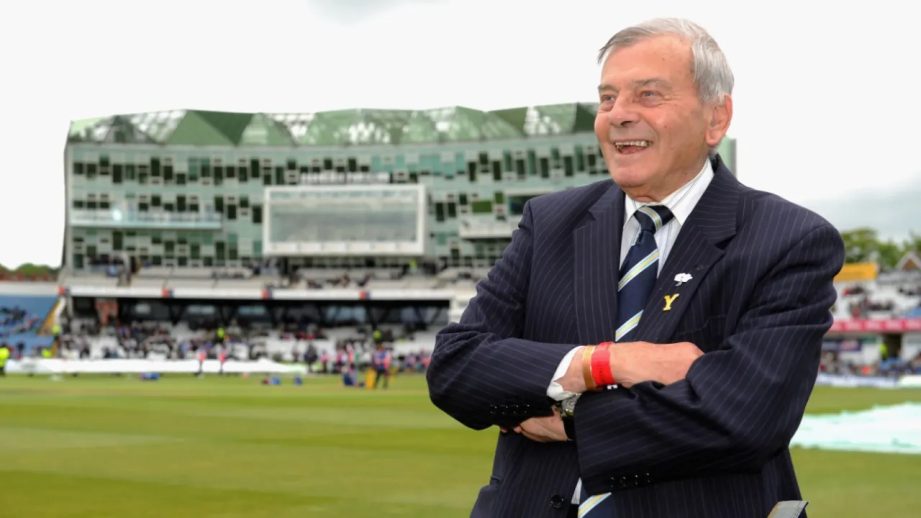
Bird’s journey in cricket began not as an umpire but as a talented batsman. Born in Yorkshire, he debuted in first-class cricket in 1956 and played 93 matches, scoring 2 centuries and averaging 20.71. His highest score came in 1959, when he scored an unbeaten 181 against Glamorgan. After moving to Leicestershire in 1960, an injury in 1964 curtailed his playing career—but opened the door to umpiring, a role in which he would become a household name.
His umpiring style was instantly recognizable, marked by charming idiosyncrasies. Bird famously struggled with punctuality in his early days; for his second match in May 1970, he arrived at The Oval at 6 am for an 11 am start and was caught trying to scale the locked ground by a police officer. Known for his hesitancy to give lbw decisions, Bird consistently gave the benefit of the doubt to batters—though on rare occasions, like giving Mike Atherton out in the first over of his final Test at Lord’s, he made exceptions.
Memorable moments in his umpiring career included halting play due to excessive sunlight reflecting off a greenhouse during a West Indies Test at Old Trafford in 1995, and the unforgettable incident of losing his pocketful of marbles, used to count deliveries, mid-match. Bird was also the target of many playful pranks, often from Ian Botham and Allan Lamb, including one involving Lamb’s old mobile phone and a surprise call from Botham.
Though he once hoped for a footballing career, a knee injury at 15 redirected him to cricket, where he thrived. He played alongside notable figures such as Michael Parkinson and Geoffrey Boycott. The latter recalls Bird as a technically gifted batsman whose nerves sometimes got the better of him—but as an umpire, Boycott said, “He was absolutely brilliant.” Bird earned admiration from players worldwide for his fairness, firmness, and humor, cementing his legendary status.
Bird’s contributions to cricket were formally recognized with an MBE in 1986 and an OBE in 2012. In 2009, a bronze statue in his iconic umpiring pose was unveiled in Barnsley’s Church Lane, standing taller than planned after public interaction with its raised finger. He concluded his first-class umpiring career in 1998, overseeing Yorkshire versus Warwickshire at Headingley, and served as Yorkshire’s president in 2014.
Yorkshire County Cricket Club confirmed his peaceful passing at home. It paid tribute: “He leaves behind a legacy of sportsmanship, humility, and joy—and a legion of admirers across generations. He will be truly missed by all at the Club, having spent an incredible amount of time supporting everyone here, and will be remembered as one of the greatest characters in Yorkshire’s history.”
Dickie Bird’s life was defined by dedication, laughter, and a deep love for the game, ensuring that his legend will endure in cricketing memory for generations to come.
